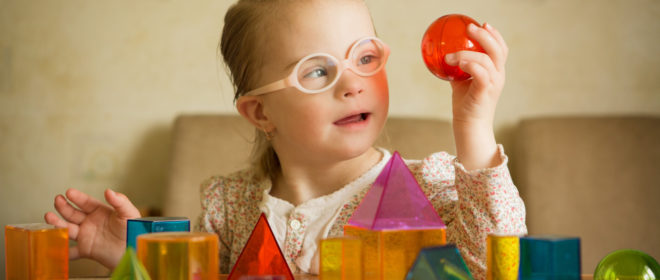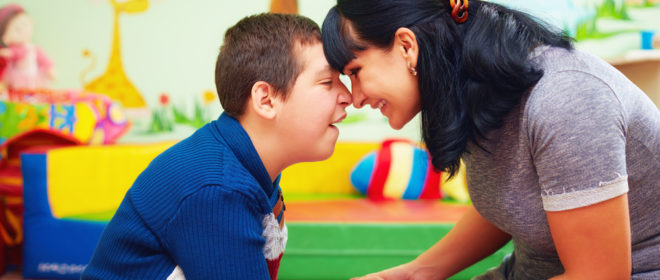In today’s modern society, inclusivity is regarded as a necessity and, more often, a commodity, especially in mainstream media. More than just representation in the media, individuals with Down Syndrome have become achievers in their own right and in their chosen industry.
Without a doubt, we have come a long way since the time Down Syndrome was highly-stigmatized and patronized by society. Today, countless treatments and therapies are available so that individuals with Down Syndrome can have the best quality of life and live up to their full potential. These include speech and language therapy, occupational therapy, and Applied Behavioral Analysis (ABA) Therapy.
Despite this, specialists are continuously looking for ways to improve the existing treatments and therapies known today...
Read More


